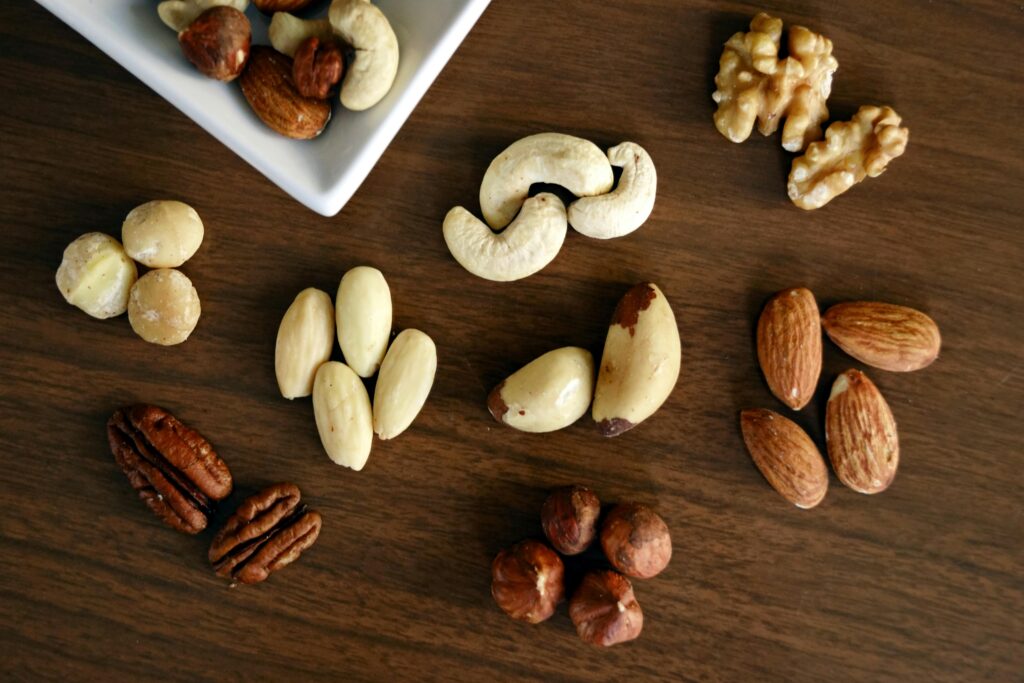Recovery is a critical component of any fitness regimen, and proper nutrition plays a pivotal role in this process. Post-workout nutrition helps repair muscles, refill glycogen stores, and reduce inflammation, ultimately leading to improved performance and reduced risk of injury. In this post, we’ll explore the essentials of recovery nutrition, the importance of macronutrients and micronutrients, and practical tips for creating effective post-workout meals.
1. The Essentials of Recovery Nutrition
After an intense workout, your body enters a recovery phase where it repairs and builds muscle fibers, restores energy levels, and reduces muscle soreness. Nutrition during this period is crucial because it provides the necessary building blocks for these processes. Key aspects of recovery nutrition include:
- Refill Glycogen Stores: Glycogen is the primary fuel source for your muscles during exercise. Consuming carbohydrates post-workout helps refill these stores, ensuring you have the energy for your next workout.
- Muscle Repair and Growth: Protein provides the amino acids necessary for muscle repair and growth. Without enough protein intake, your body’s ability to recover and build muscle is compromised.
- Reducing Inflammation: Exercise induces inflammation as part of the muscle repair process. Certain nutrients, such as antioxidants, can help reduce excessive inflammation and promote quicker recovery.
2. Importance of Macronutrients
- Carbohydrates are essential for replenishing glycogen stores. The amount you need depends on the intensity and duration of your workout. High-glycemic index carbs, like fruits or a post-workout shake, can be particularly effective right after exercise as they are quickly absorbed by the body.

- Protein is vital for muscle repair and growth. Consuming a high-quality protein source within the first 30 minutes to 2 hours post-exercise is ideal. Lean meats, fish, eggs, dairy products, and plant-based options like beans and lentils are excellent sources of protein.

- Fats are also important, though they should be consumed in moderation immediately post-workout as they can slow down digestion. Healthy fats from sources like avocados, nuts, seeds, and olive oil contribute to overall health and can be included in later meals.

3. Role of Micronutrients
Apples, nuts, eggs, and numerous other foods offer a dual benefit—they provide essential macronutrients like proteins, fats, and carbohydrates for energy and physical functions, while also supplying valuable micronutrients such as vitamins and minerals vital for overall health and wellness. Micronutrients, though needed in smaller amounts, are crucial for various recovery processes:
- Vitamins C and E: These antioxidants help reduce inflammation and muscle soreness. Citrus fruits, berries, nuts, and seeds are good sources.
- Magnesium: Helps with muscle relaxation and reducing cramps. Leafy greens, nuts, seeds, and whole grains are rich in magnesium.
- B Vitamins: Important for energy production and muscle repair. Whole grains, meat, eggs, and legumes are excellent sources.
4. Hydration
Hydration is often overlooked but is vital for recovery. Water is essential for nutrient transport, temperature regulation, and joint lubrication. After intense exercise, particularly in hot conditions, replenishing electrolytes (sodium, potassium, magnesium) is also important. Sports drinks, coconut water, or electrolyte tablets can be beneficial.

5. Practical Tips for Post-Workout Nutrition
5.1 Timing is Key:
Aim to eat a balanced meal or snack within 30 minutes to 2 hours after your workout. This window is crucial for maximizing nutrient absorption and promoting recovery.
5.2 Balanced Meals:
Incorporate a mix of carbohydrates, proteins, and healthy fats. A simple example is a smoothie with protein powder, banana, spinach, and almond butter.
5.3 Prepare Ahead:
Plan and prepare your post-workout meals in advance to ensure you have nutritious options readily available. This can prevent reaching for unhealthy snacks out of convenience.
5.4 Listen to Your Body:
Everyone’s nutritional needs are different. Pay attention to how your body responds to different foods and adjust your diet accordingly.
6. Sample Post-Workout Meals
Example 1: Grilled Chicken with Quinoa and Vegetables
- Recipe: Grilled Chicken with Quinoa and Vegetables Recipe
- Description: This meal provides lean protein from grilled chicken, complex carbs from quinoa, and essential vitamins and minerals from a variety of vegetables, making it a balanced option for post-workout recovery.
Example 2: Greek Yogurt with Berries and Honey
- Recipe: Greek Yogurt with Berries and Honey Recipe
- Description: Greek yogurt offers protein, while berries provide antioxidants and natural sugars. Honey adds sweetness and aids in glycogen replenishment, making this a quick and nutritious post-workout choice.
Example 3: Smoothie with Protein Powder, Spinach, Banana, and Almond Butter
- Recipe: Protein Spinach Banana Smoothie Recipe
- Description: This smoothie combines protein powder for muscle repair, spinach for vitamins and minerals, banana for natural sugars and potassium, and almond butter for healthy fats. It’s a convenient and nutrient-dense option ideal for quick recovery after exercise.
Original Recipe Note:
This recipe does not include protein powder.
To Include Protein Powder:
- Ingredients Adjustment:
Prepare the smoothie with spinach, banana, almond butter, and other ingredients as usual. also, choose the protein powder flavor you like - Adding Protein Powder:
After blending all ingredients add a scoop or serving of protein powder into the blender. - Blending:
Blend all ingredients until smooth, ensuring the protein powder mixes well. - Adjust Consistency (if needed):
If the smoothie becomes too thick, add liquids (water, milk, or juice) and blend again until the desired consistency is achieved.
Conclusion
Optimal recovery nutrition is crucial for maximizing workout benefits and overall health. Focus on balanced macronutrients, glycogen replenishment, muscle repair, and inflammation reduction to enhance recovery. Hydration and micronutrients are also key factors for optimal outcomes.